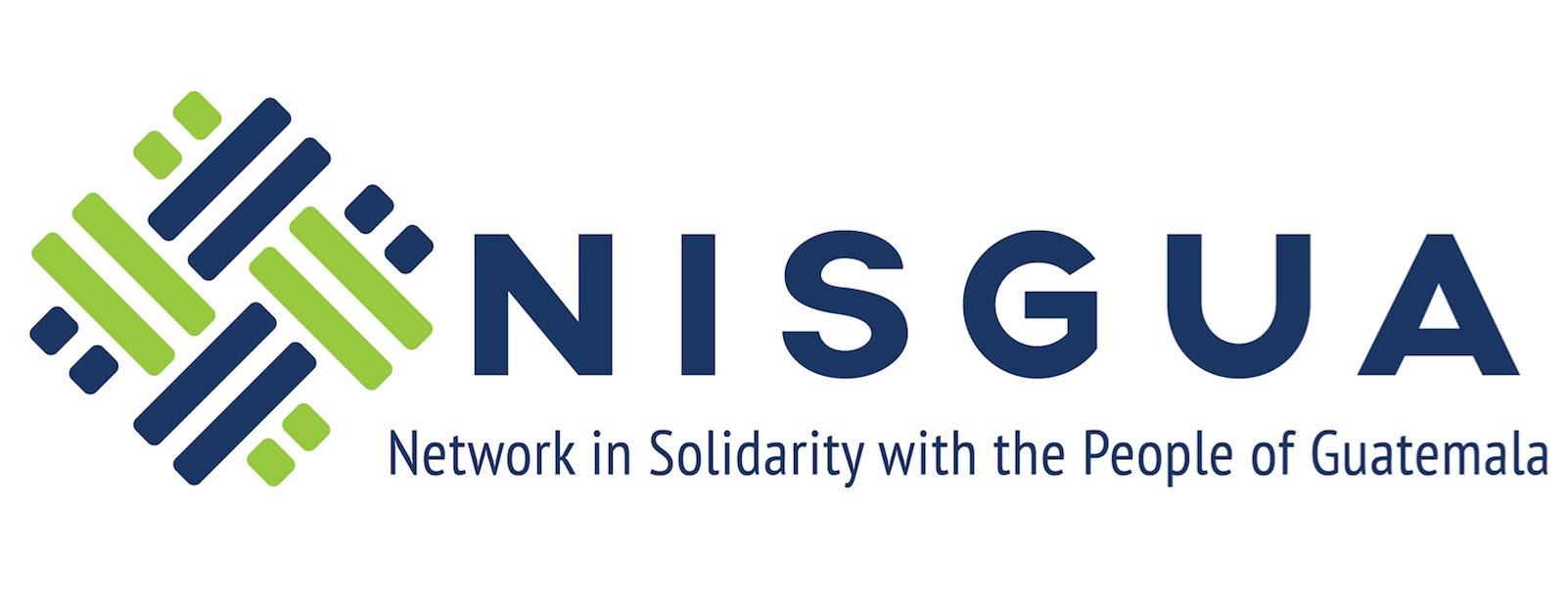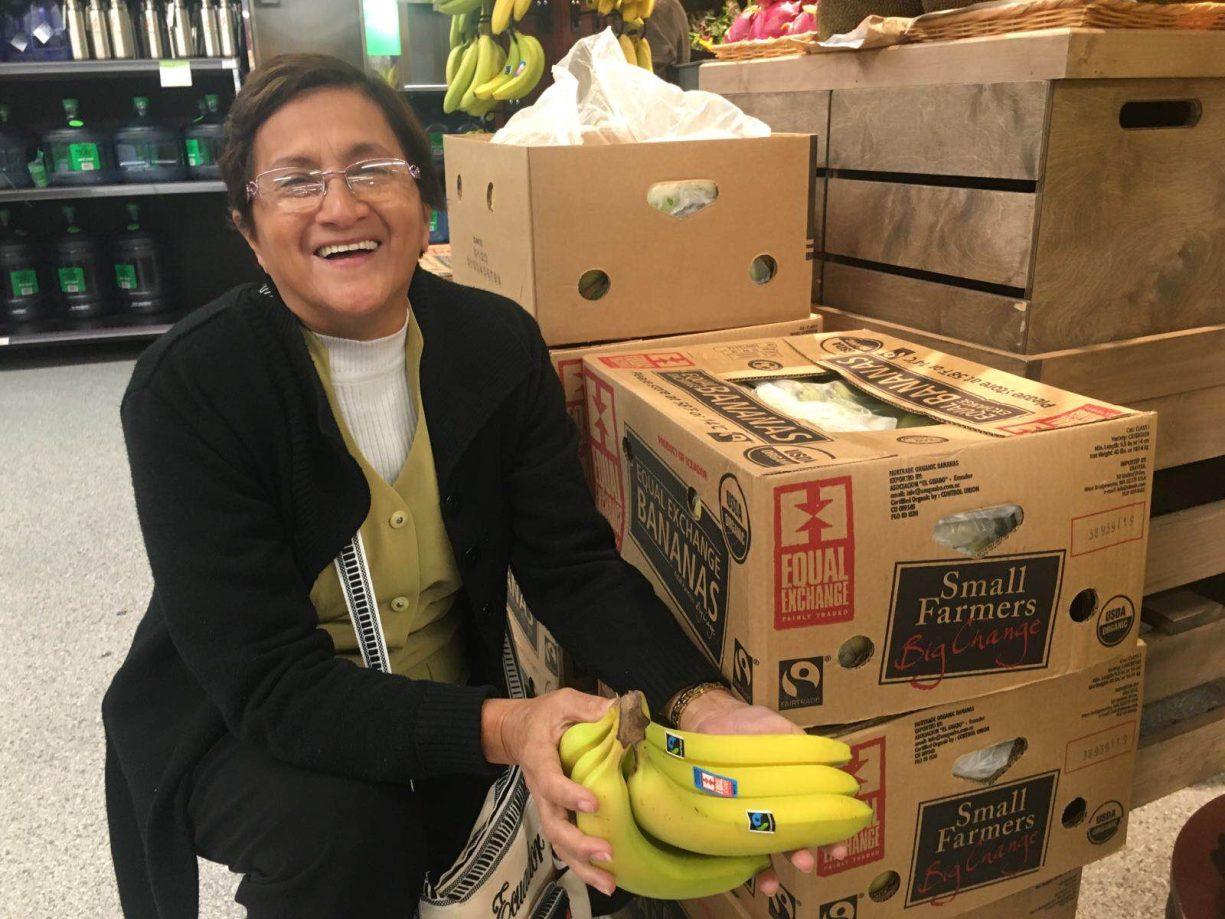Violent attacks against the Garífuna people along the north coast of Honduras are a systematic process perpetuated by powerful economic interests with the collusion of the State. Foreign and Honduran tourist interests, mining and energy companies, developers of the Zones of Economic Development and Employment (ZEDEs), and agro-industrial companies operate in full complicity with elements of the military, police, local authorities, and organized criminal groups.
Community leader Norma Lino was injured in an armed attack on September 26 in the Garífuna community of Puerto Castilla, Colón Department. Armed men entered reclaimed ancestral property and began shooting. After receiving treatment at a hospital, Norma Lino and others who were injured proceeded to file a complaint at the National Police office in Trujillo, about 20 km south of Puerto Castilla. They were met with dismissive and racist remarks.



